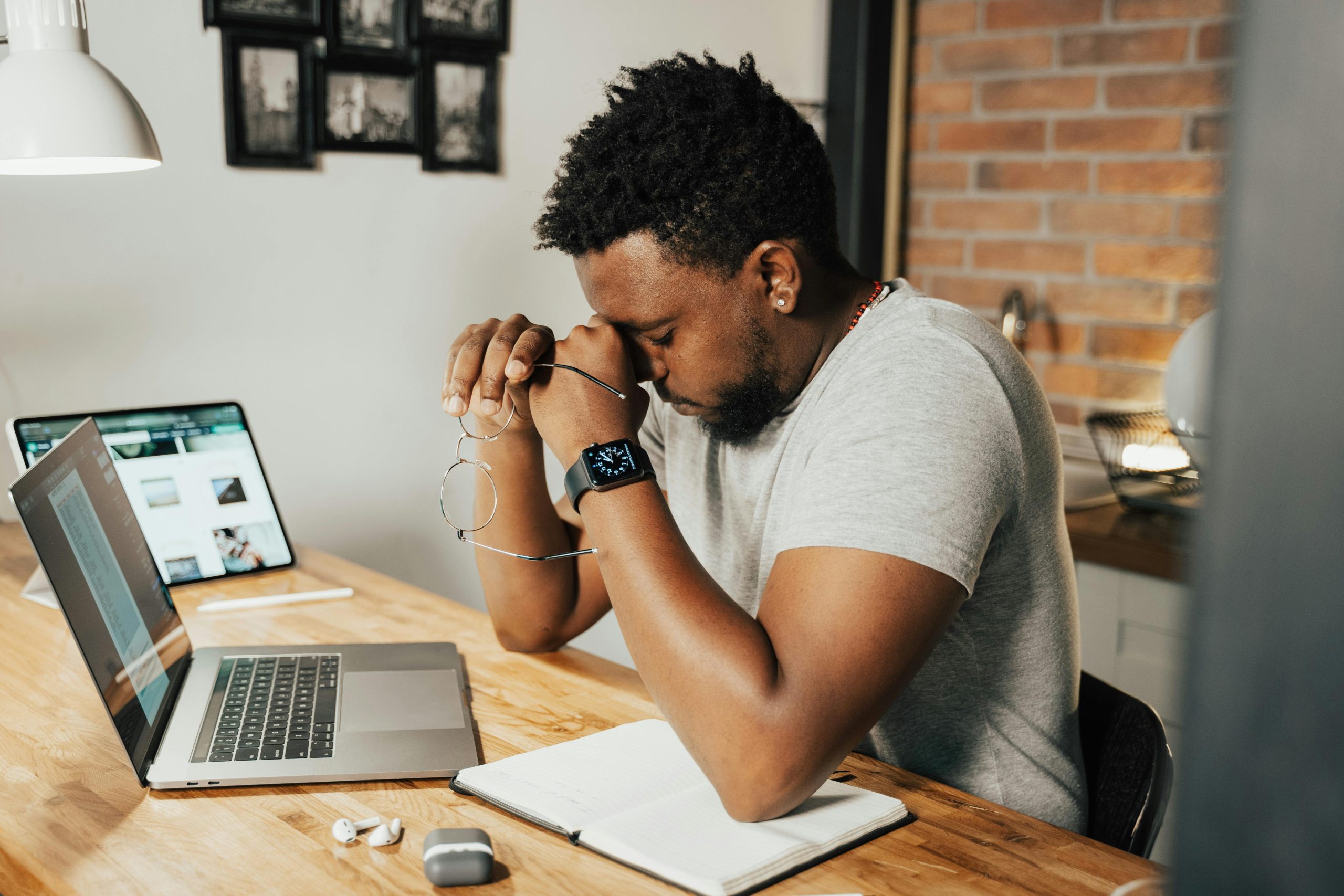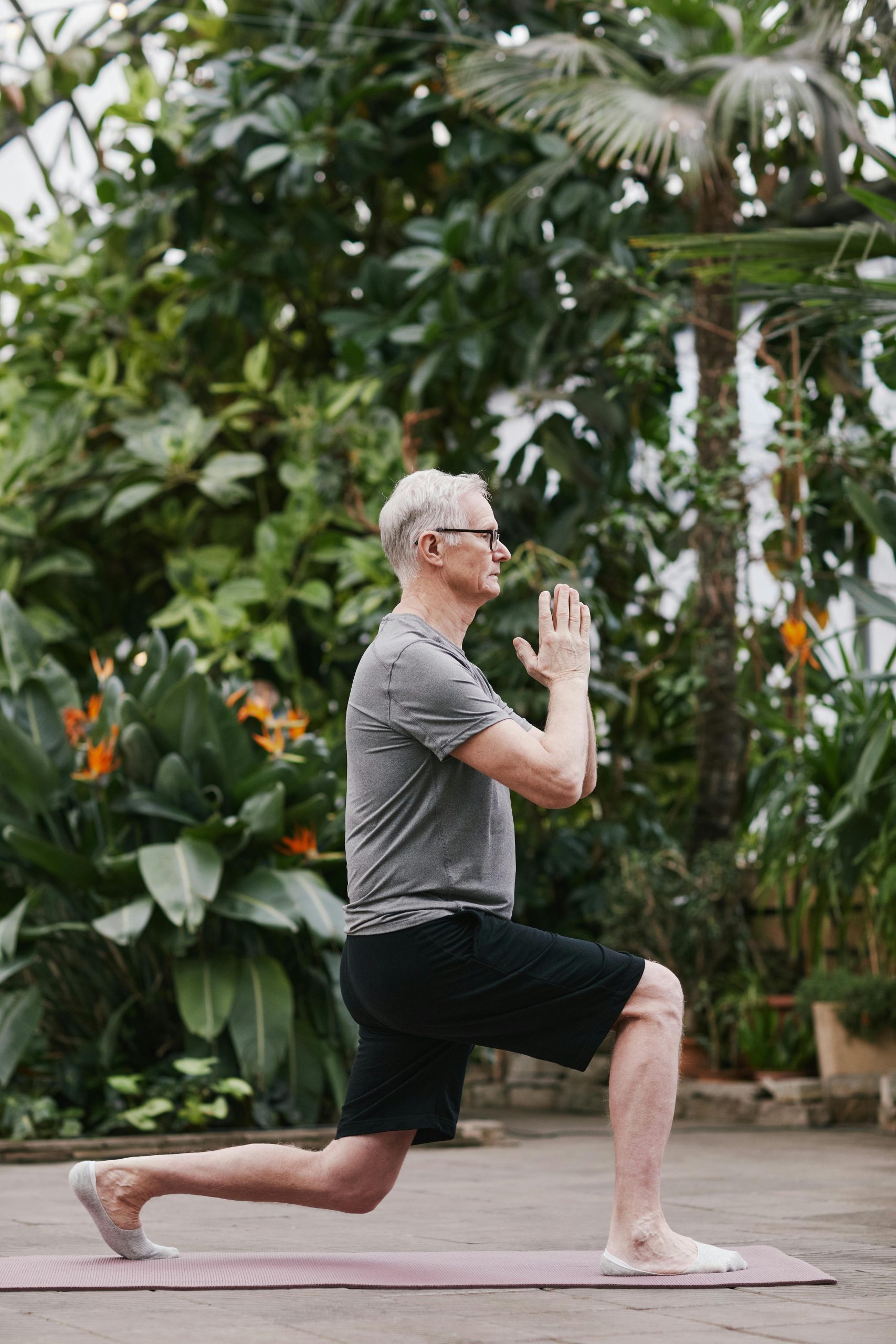This article was published on 1 Sep 2021. At the time of publishing, this article was true and accurate, however, over time this may have changed. Some links may no longer work. If you have any concerns about this please contact us
Reports of high levels of anxiety and psychological distress have significantly increased due to the pandemic. It is important than ever that we all as individuals do what we can to look after ourselves and each other.
Suicide is more widespread than you might think—it’s the fourth leading cause of death worldwide.
Those who contemplate suicide often describe the intense feelings they have as hopeless, helpless, worthless and desperate. Whatever the trigger, suicide may seem like the only solution to an unsolvable, painful problem. A suicidal person believes no one can help them and that the problem can’t be fixed.
There is no typical suicide victim. Suicide occurs across all ages, ethnicities, economic, and social boundaries and in both genders. But, some situations do increase the possibility that people will try to take their own life. The risk of suicide rises with factors such as having a mental health disorder, alcoholism and substance abuse, a family history of suicide or mental condition, physical or emotional abuse, a physical illness with chronic pain, isolation & loneliness or a major loss, which could be work, money or relationship related.
Individuals with multiple debt problems are at a ‘significantly higher risk of suicide’ than those with just one problem debt. According to Money and Mental Health Policy Institute over 420,000 people in problem debt considered taking their own life in England last year, while more than 100,000 people in debt actually attempt suicide annually*.
Most people who are feeling depressed or desperate enough to consider suicide give clues as to how they are feeling. These may be difficult to see, but knowing some of the warning signs can help you be better prepared to help someone who is struggling. Talking openly about your concerns may help to prevent a death.
There are often warning signs that someone may be thinking about suicide. Here are some signs to look for:
Spoken or written threats of suicide. If the person talks about dying by suicide or about feeling trapped and not knowing a way out of their situation or has written notes or letters about it. Never assume the person, doesn’t really mean it, always take it very seriously.
High-risk behaviour. People who are thinking about suicide sometimes hurt themselves by engaging in drug or alcohol abuse, self-harm and even criminal behaviour. Suicidal people may drive recklessly and put themselves and others in danger.
Withdrawal and loss of interest. They no longer enjoy activities that they once did, isolate themselves from family or friends, don’t take care of their appearance, lack energy or find it hard to cope with everyday things.
Recent important losses. A person may become suicidal as a result of problems or changes that make them feel helpless. These may include divorce, loss of child custody, job loss or the death of a loved one. For a child or a teenager they may be having a difficult time at school with friends, teachers, workload or parental expectations.
Major changes in sleep or eating patterns. Excessive fatigue, not being able to sleep or sleeping much more than usual, or a loss of appetite or eating much more than usual are all signs that someone may be suffering from depression.
Obsession with death. Suicidal people sometimes show an unusual interest in death by the books or movies they choose or the websites they visit. They may do online research about ways to kill themselves. Having decided to die, they may give away possessions. They may also suddenly be in a happier or calmer mood as they make these plans.
If you believe or even suspect that someone you care about may be suicidal, don’t ignore your suspicions.
If you notice any of these warning signs in a friend, relative or loved one, encourage them to talk about how they are feeling. Starting a conversation about suicide can be a difficult thing to do, especially when you’re worried about upsetting someone who might already be in a sensitive place emotionally. How to help someone:
Offer support. Find a safe, private place to voice your concerns, speak to the person and better assess the situation. Do not agree to keep suicidal information secret, remind the person you are there to help support them. Don’t leave a suicidal person alone. If you suspect that someone who doesn’t live near you is suicidal, call the person’s local police and ask that a wellness check be done on the person.
Be direct. Don’t be afraid to bring up suicide. There is absolutely no evidence to suggest that talking about it will make the person take his or her life. Talk openly about feelings and concerns. Ask if they have a suicide plan. It’s important to find out this information to pass on to a professional.
Listen. Be non-judgmental. Don’t tell them not to think about suicide or minimise their problems. Give as much time as needed to talk and let them know you’re there to offer support.
Remove all dangers. Any prescription and non-prescription drugs or medication or firearms should be removed from their home.
Contact a GP, counsellor, or psychiatrist. Often these resources can direct you to community resources, such as support groups.
Helping someone who is feeling suicidal can be extremely stressful. Make sure you have support for yourself from friends, family, or a trained counsellor.
Helping a Teenager Who May Be at Risk of Suicide. The teenage years can be a difficult time for you and your child. Adolescents may break rules or experiment with different behaviour as they try to establish their independence. As a parent, it’s important to know when your teenager’s feelings are a normal part of growing up and when they are putting him or her at risk.
By staying involved in your child’s life, talking openly together, and knowing the warning signs of suicide, you can help deter at-risk behaviour and make sure your child gets the help he or she needs.
Suicide is a tragic occurrence that leaves those affected wondering how it could have happened, and how could it have been prevented. Those who are struggling with thoughts of suicide might show outward signs, and it’s important that friends, family, colleagues, and managers are aware of the signs that someone might be at risk of attempting suicide.
The suicide of someone you love can be devastating. You may have many intense emotions all at once. You may feel shocked, confused, angry, or guilty. You may wonder if you could have done something to prevent the suicide. These thoughts and emotions are normal, and, although it will take time, with the right support, you can move forward with your life.
There isn’t a correct way of grieving after a suicide. Grief is a process of healing that people experience in different ways. Even if someone you love died months or years ago, your grief may resurface at certain times of the year, like birthdays or on the anniversary of their death. Your grief may never be entirely over, but it can become gradually more manageable. Try not to set time limits on your grief or compare your feelings to anyone else’s. As you mourn, you may feel these emotions:
- Feelings of numbness and disbelief are common when someone dies by suicide. Right after a loss, people often cope with their grief by denying the reality.
- After a suicide, you may blame doctors or others for not preventing the death. You may blame the person who died for leaving you, or you may feel angry with the world.
- Intense grief makes it hard to think clearly, so you may at times have thoughts that you know aren’t realistic. You may dwell on all the “what ifs” even if you know that you did the best you could at the time.
- You may feel very sad, lonely, or helpless. You may wonder how you will ever cope without the person who died. This pain should reduce with time.
Suicide can affect anyone. If you suspect someone you know is considering suicide, act quickly to get them professional support. Or if you find yourself contemplating it, contact a counsellor, medical professional or one of the organisations listed below immediately.
Where to get help:
- Samaritans For anyone with suicidal thoughts or those concerned with suicide. Call the helpline on 116 123 or email jo@samaritans.org
- Childline A helpline for children and young people in the UK. Calls are free on 0800 1111 and the number won’t show up on your phone bill.
- Papyrus For children and young people under the age of 35 who are experiencing thoughts of suicide. Also for anyone concerned that a young person could be thinking about suicide. Call 0800 068 41 41, text 07786 209 697 or email pat@papyrus-uk.org
- Students Against Depression is a website for students who are depressed, have a low mood or are having suicidal thoughts.
- Bullying UK is a website for both children and adults affected by bullying.
- Campaign Against Living Miserably (CALM) This resource is specifically for men. Call the helpline on 0800 58 58 58 from 5pm to midnight 365 days a year.
- NHS Help for suicidal thoughts
- The Silver Line A confidential, free helpline for older people across the UK. Call them on 0800 4 70 80 90 24 hours a day, seven days a week.
If you believe that someone is in immediate danger, call 999 or bring them in to your nearest accident and emergency hospital service. You can also call Samaritans on 116 123.
* Money and Health Policy Institute report ‘a silent killer’ Published December 2018
Want to learn more? Access our wellbeing hub here.










